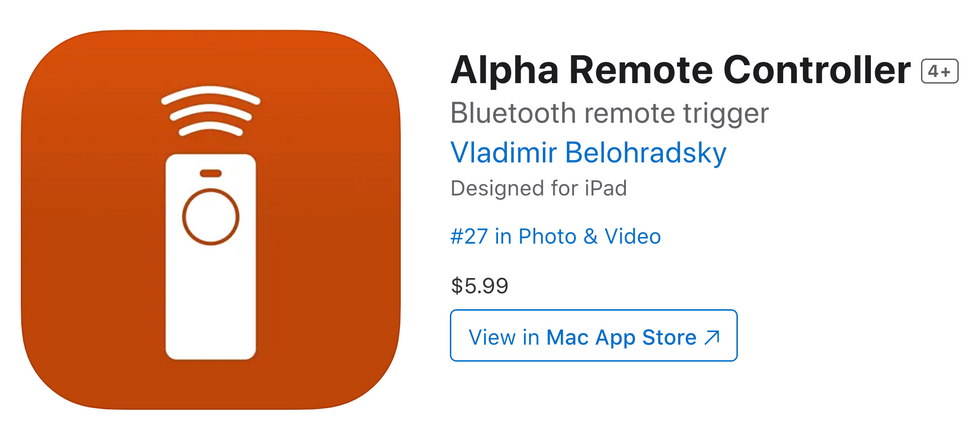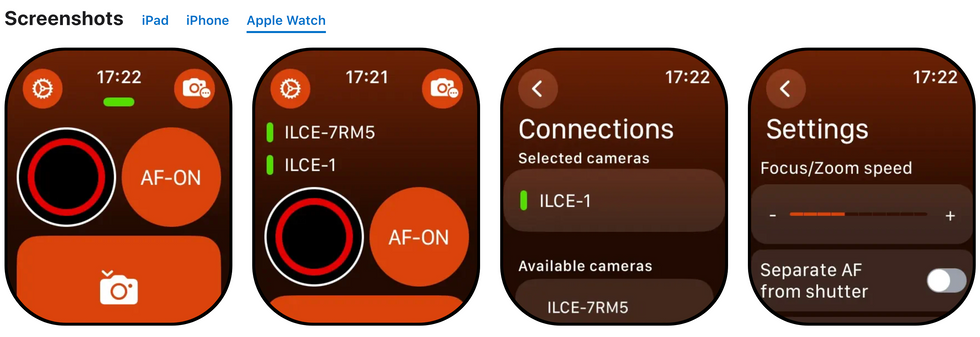Why filmmakers might switch from Macs to PCs in 2010

Steve Jobs made an interesting statement while announcing the Apple iPad: "Apple is a mobile devices company."
As I jotted some notes for FreshDV about how the iPad could impact film distribution, that phrase stuck in my mind. What about the iMac? What about the Mac Pro? I don't own either of those machines, but anyone who has:
- Money
- And a need to edit video
Might buy one of Apple's non-mobile devices. After all, while there are plenty of prosumer editors using PCs, the vast majority of theatrical, independent releases in recent memory were edited on Final Cut Studio on a Mac (or on the more expensive side, an Avid). In my own case, everything I've done in the past four years (outside of my time at MTV) has been on my Macbook Pro. I've asked the laptop to do a lot of unreasonable things, like the visual FX on The West Side, and the fact that it still works is a testament to Apple's engineering -- there are actually scorch marks around its vents, thanks to too many overnight After Effects render sessions. But it's four years old and getting long in the tooth, and for my next big project I will need a faster machine.
There's just one problem. I have:
- No money
- And a need to edit video.
Given a certain economic climate we're all aware of, I have a feeling I'm not the only independent filmmaker in this boat.
Take a look at this video from Adobe:
To summarize, the video shows Adobe offloading a lot of the editing machine's workload onto the graphics card, or GPU (as opposed to the CPU), and in the process speeding up things exponentially. Why is this important? Well, as one makes the transition from prosumer/hobbiest editor to full-time professional editor, one of the most crucial aspects of the non-linear editing system (NLE) is its speed. As a part-timer you can get away with sub-par hardware and long render times; however, once editing is your bread and butter, time is money and a sluggish NLE will kill your business and/or the hair on your head.
Technically your hair's already dead, but you know what I mean.
Anyway, this CS5 enhancement is cross-platform -- it will work in Adobe's apps on either operating system, so if you've got money to blow feel free to stay on the Mac and the tried-and-true FCP.
But a few things are going on simultaneously:
- Premiere Pro has matured; it no longer sucks like it did at version 5
- PCs have a wider selection of cheap graphic cards than Macs
- PCs have an even wider selection of cheap everything else than Macs
- Apple is apparently focusing more on mobile devices and is seemingly spending less time on Final Cut
So what you'll be able to do is go buy a cheap PC workstation for $800 -- which Apple can't compete with because of the PC platform's economies of scale, lowered warranty/support standards, and widespread availability of deep discounts -- and stick a $300 gaming graphics card in it (supported cards here; apparently the nVidia GTX 285 is a good option). Voila: instant, high-powered workstation. We're talking a capable editing machine for $1,200 instead of $3,500+ for a Mac Pro.

When CS5 debuts (supposedly in April), you'll be able to put together a very capable, Adobe-based PC editing machine for very little money. If my projects are in motion at the time -- and barring any new developments in the Mac camp -- I plan on doing just that. When I do, I'll post a step-by-step guide for buying the right components and assembling a dirt-cheap, fast PC editing workstation. If you've already got Adobe's suite for your Mac, you can crossgrade; I suspect 90% of filmmakers are using torrented copies of the Creative Suite anyway.
For DIY filmmakers, having your own inexpensive equipment is of paramount importance. DSLRs have drastically lowered the price of entry on the shooting side, and the GPU is about to lower the price of entry on the editing side.













